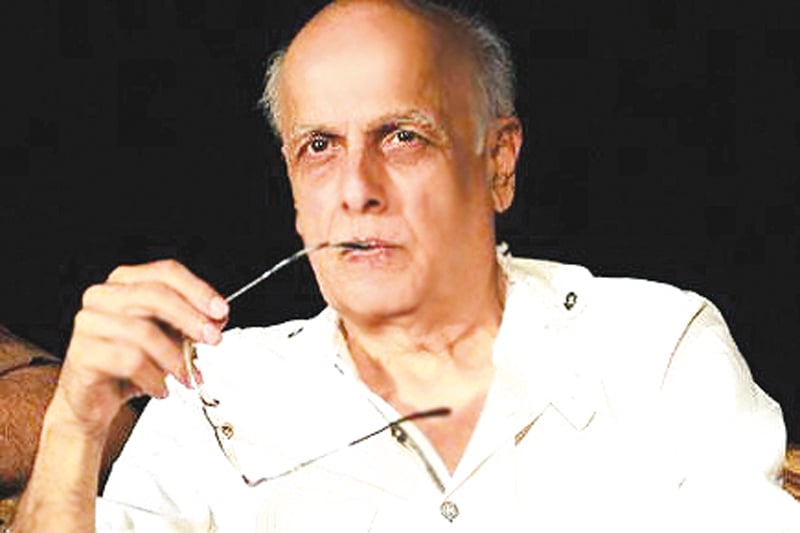
The Arth director said although he is happy that the nation has collectively denounced such shameful deeds, the ink attacks and the banning of Pakistani artists such as legendary singer Ghulam Ali and actors Fawad Khan and Mahira Khan from performing or working in Maharashtra poses a question on a democratic India. “It kind of ridicules our constitution; it shames the police and debunks our claim of being a democracy,” Bhatt said.
Last Monday, a group of Shiv Sena workers blacked the face of former BJP ideologue Suneendra Kulkarni with ink while he was on his way to the launch of a book by former Pakistani foreign minister Khurshid Mehmood Kasuri in Mumbai. A week later, Kashmir legislator Engineer Rashid, who has been protesting against the killing of a truck driver for allegedly carrying a cow in his vehicle in Udhampur, had his face blackened while addressing a press conference. Ali, who was scheduled to perform in Mumbai, was forced to pull out after the Shiv Sena threatened to disrupt the proceedings. As for the two Pakistani actors, they have been told they would not be permitted to promote a film that is currently being shot in Mumbai.
I'm an Indian. I don't hate Pakistan. I am not alone.

Bhatt admitted that one would have to live with the kind of elements that staged the attacks. “Instead of using this moment to create a further gap between them and us [the attackers and civil society], I would request them [the protesters] to fall in line with what our forefathers fought for. In a country which has such diversity, the most important thing that we need to do is to fight for the right of somebody else to be different, which we are not doing,” he said.
In an attempt to find common ground between India and Pakistan, Bhatt is coming up with a play, titled ‘Milne Do’, which is a collaborative effort of theatre actors from the two countries. “Theatre has a limited audience but nevertheless reflects the ideology of civil society. Milne Do would celebrate human values that are as much sacred in Pakistan as they are in India.”
The play is an intense love story between two culturally-crossed individuals during times of abject hatred. It will be staged on April 24 at Shri Ram Centre in New Delhi before going to other cities of India and Pakistan.
'Never witnessed such intolerance' in India, says poet Gulzar
In another attempt along the same lines, Bhatt’s upcoming Punjabi film ‘Dushman’ will also unfold a new chapter of friendship between the two countries. “Dushman is in Punjabi because I feel that regional cinema all over the country today is asserting itself. There is a resurgence of regional cinema. Bollywood doesn’t represent the voice of India alone.”
Talking about the quality of the narratives in Bollywood movies today, Bhatt said it has deteriorated, even though technological progress has made these films meet global standards.
“The mainstream is not as adventurous anymore. If you look at the people of the past, they told stories in their own unique way. We have today lost the spark of being unique and distinct. We are frightened of being ourselves,” he concluded.
Published in The Express Tribune, October 26th, 2015.
Like Life & Style on Facebook, follow @ETLifeandStyle on Twitter for the latest in fashion, gossip and entertainment.


1725443747-0/Untitled-design-(5)1725443747-0-165x106.webp)














COMMENTS (14)
Comments are moderated and generally will be posted if they are on-topic and not abusive.
For more information, please see our Comments FAQ